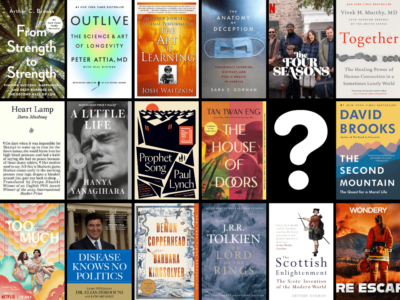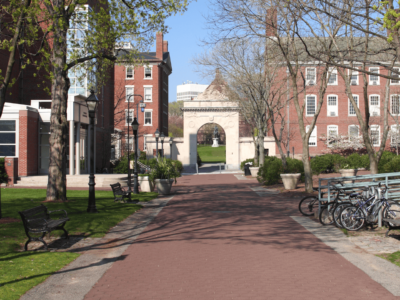Phil and Penny Knight made a record-setting $2 billion gift to OHSU Knight Cancer Institute.
Mary Beckerle, a whitewater kayaker, has advice for all the folks in the cancer field: never catastrophize, never panic.
I always liked poetry, but I was never a poet. I had to marry into that.
I write a weekly blog for Georgetown University’s Lombardi Comprehensive Cancer Center community. Here I share an updated version of a blog post I wrote in September 2024, now supplemented by some poems I have written over the years that inspired paintings by my wife Harriet Weiner, who is a much better artist than I am a poet or writer.
Earlier this year, amid efforts by the Trump administration to reduce the federal workforce, Lakshmi Grama decided to take early retirement from NCI.
The American College of Obstetrics and Gynecology said it will no longer be accepting federal funding.
The Government Accountability Office, an independent, non-partisan congressional watchdog agency, found that NIH violated the Impoundment Control Act of 1974 when it cancelled nearly 2,000 research grants in an effort to comply with several of President Donald Trump’s executive orders, including “Ending Radical And Wasteful Government DEI Programs And Preferencing” (The Cancer Letter, Jan 24, 2025).
The Department of Health and Human Services has announced the start of a reduction in its mRNA vaccine development activities under the Biomedical Advanced Research and Development Authority.
Brown University has reached an agreement with the Trump administration to restore the university’s federal funding for medical and health sciences research.
President Donald Trump signed an executive order mandating that his appointees will review all funding announcements and grant awards to “verify that each grant dollar benefits Americans instead of lining grantees’ pocketbooks or furthering causes that damage America.”












